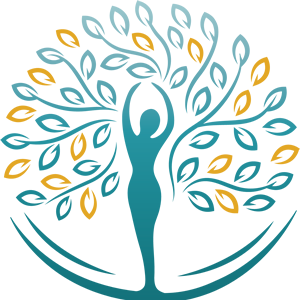Why Water
Will Transform Your Life
“Water is the driving force of all nature”, so said Leonardo da Vinci, one of the most genius artists in the world. He was right.
Water, the earth’s liquid poetry, is our constant wellness companion. All life on earth exists because of the availability of water. It sustains life, aids in age-defying, metabolism, digestion, joint care, hormonal balance, brain function, and detoxification. While over the years I have incorporated many holistic habits in my never-ending quest to optimal living and thriving, perhaps developing an appreciation for the wonderful gift of water has been the most foundational priority to my lifestyle and is fundamental to my self-care and overall well-being.
Our bodies are almost 70 % water…. So, it should go without saying that water plays a critical role in maintaining and promoting balance and harmony in our physical health; and is fundamentally important to various physiological and biochemical processes within the human body.
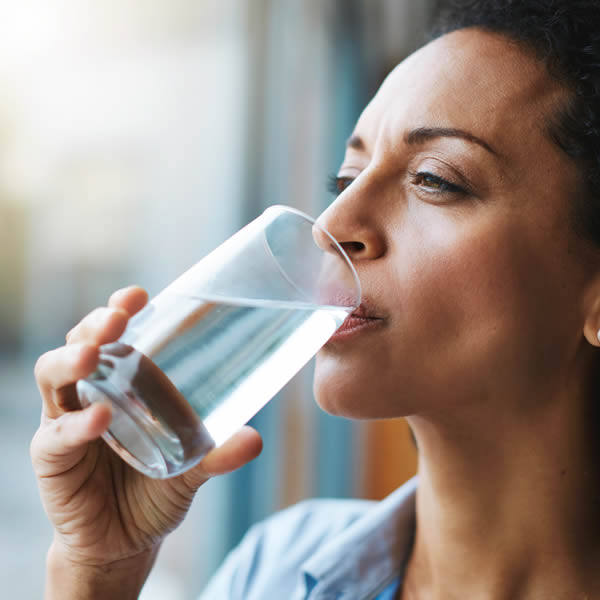
Cellular Function
Cell vitality depends on water, the lifeblood transporting essential nutrients like vitamins and minerals. Without these nutrients, our cells will die.
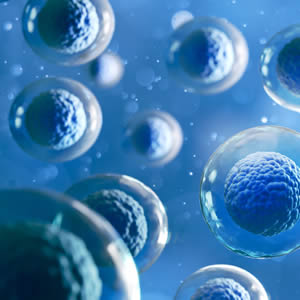
Longevity

Metabolism & Weight Management
Metabolic reactions occur in a watery environment, with water as the conductor orchestrating biochemical processes. It plays a vital role in converting fat to energy. Mild dehydration slows metabolism, affecting weight loss. As well, a person may think they are hungry when they are actually thirsty so drinking a glass of water before reaching for something to eat can help curb unnecessary snacking, which can lead to weight gain.
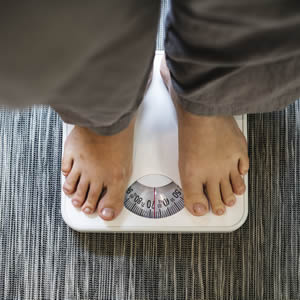
Digestion
Water plays a key role in digestion and nutrient absorption. It helps break down food, facilitates the absorption of nutrients in the digestive tract, and ensures the smooth passage of waste through the gastrointestinal system. Furthermore, sufficient water intake supports regular bowel movements and softens stools to help prevent issues like constipation.

Joint Lubricant
Water is a component of synovial fluid, the solution that lubricates joints and cartilage, provides cushioning, and helps prevent bones from rubbing together. Adequate hydration prevents joint stiffness, supports overall joint health, and reduces inflammation, aiding in arthritis prevention and management.

Hormone Regulator
Water plays a key role in creating, moving, and balancing hormones. When dehydrated, it messes with hormone balance, increasing stress hormones, impacting mood, metabolism, and reproductive health. Staying hydrated supports the liver in hormone regulation, preventing imbalances.
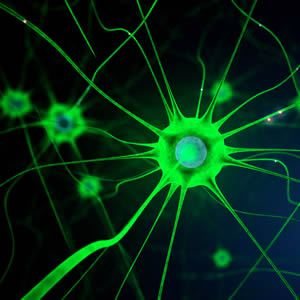
Brain Booster
Water, making up to nearly 75% of our brain, is essential for clear thinking, better memory, and focus. Adequate hydration supports neurotransmitter production, neurogenesis, and detoxification, crucial for optimal cognitive function. Staying hydrated facilitates the flushing out of toxins and metabolic waste that can accumulate in the brain. This detoxification process is crucial for maintaining cognitive clarity and aiding in the prevention of neurodegenerative disease.
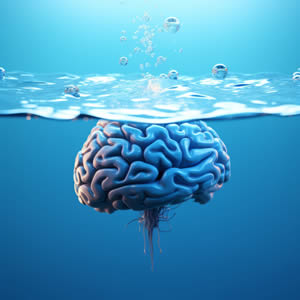
Cleanser / Detoxifier
Water, a key part of urine, aids toxin removal through regular urination. Hydration prevents constipation, supports sweating for toxin release, transports nutrients, aids liver detox, and ensures lymphatic system function for overall cell health.

So…what water should we drink?

Everything that provides nourishment has the potential to promote and encourage healing; but when it comes to nutrients or any substances for that matter, water stands out as unparalleled in its ability to facilitate the healing process. Water is fundamental to life; and without CLEAN water, we cannot experience optimum health.
City tap water, from groundwater or surface reservoirs, undergoes treatment with settling tanks, sand filtration, and chemicals. It’s chlorinated, fluoridated, and adjusted for pH to prevent corrosion. However, the treatment process can lead to the formation of potential carcinogens. Studies by Alberta Environment have detected various pharmaceuticals in wastewater samples from major cities like Edmonton, Calgary, Red Deer, Lethbridge, and Medicine Hat.
For this reason, I strongly encourage using purified water and avoiding the faucet. Furthermore, research shows that carbon block filters trap more chemicals, organic pollutants, radon and asbestos than loose, granulated carbon filters.
Types of Purified Water
Reverse Osmosis (RO)
Reverse osmosis (RO) has two to three filtering mechanisms and can remove much smaller particles than carbon block filters. Furthermore, RO systems will often have a demineralizing filter fitted with the system. If not, it is most beneficial to add mineral drops to the water before drinking.
Hydrogen Water
Hydrogen water (pure water with extra hydrogens added to it) has been shown to have antioxidative benefits, reduce inflammation, improve brain energy metabolism, enhance gut microbiota, and boost overall energy.
Mineral Water
Mineral water is abundant in essential minerals such as sulphur, magnesium, and calcium supplying the body with electrolytes necessary for hydration.
Spring/Glacier water
Distilled water

Water will help you sleep better!
The amount of water in our body has a big impact on things like our sleep patterns, body temperature, metabolism, and hormones – all crucial factors tied to our sleep quality. Studies indicate that being dehydrated could be a reason why some people experience shorter sleep cycles.2 If we are not drinking enough water throughout the day, nasal passages can become dry which causes the mucus in our nose and upper airway to thicken, which can impair airflow, and lead to snoring. Furthermore, dehydration can increase the risk of nighttime leg cramps so drinking water can help us sleep better by helping prevent extremely painful night-time muscle cramps. Headaches can make it difficult to fall asleep and can also lead to restless nights. Staying hydrated helps to prevent headaches and migraines.
Although there are several sleep advantages to hydrating before bedtime, guzzling a lot of water right before bed can and will most likely be counterproductive. Consuming too much water before sleep can lead to increased urination, prompting more trips to the bathroom during the night.
Instead, intentionally focus on staying hydrated throughout the day. This will ensure we enjoy the benefits of nighttime hydration but also help avoid unnecessary interruptions in our sleep due to midnight bathroom visits.
Water is not just for drinking!
“Our bodies need to be clean on the outside as well as the inside to be truly prepared to receive the life energy in nutrient rich food.”
~ Dr Hazel Parcells (founder & developer of the Parcells Method; pioneer nutritionist and legend of alternative medicine)
The tradition of using baths for health has ancient origins, with our ancestors discovering therapeutic benefits in bathing for various physical ailments.
Approximately four thousand years ago, the Egyptians turned bathing into an art form, enhancing their water therapies with exotic mineral salts and precious scented oils.
In the classical era, the Greeks formalized bathing by constructing grand public bathhouses designed after temples. These bathhouses served as social spaces where people gathered not only for cleanliness but also for relaxation and socializing.
The ancient Romans expanded on this practice, incorporating bathing into civic life. Public baths became elaborate structures where people could socialize, exercise, and receive various spa treatments. Politicians even conducted important discussions and made decisions about matters of war and peace while indulging in a soak.

The Roman bath tradition influenced various cultures, including the Ottoman Turks. Turkish baths, or hammams, became important social and healing spaces. These baths involved a series of rooms with varying temperatures, steam, and massages, providing a holistic approach to health and relaxation.
In Japan, the onsen tradition involves bathing in hot springs. The mineral-rich waters are believed to have therapeutic properties, promoting relaxation and relieving various ailments. The onsen experience is deeply ingrained in Japanese culture, emphasizing both physical and spiritual cleansing.
Indigenous cultures around the world often incorporate bathing rituals for healing. For example, Native American sweat lodges involve a type of steam bath for spiritual and physical purification. Closer to home, Manitou Beach, dubbed the “Dead Sea of Canada,” is a resort town on Little Manitou Lake. Positioned between Regina and Saskatoon, it offers a relaxing beach experience and is known for the lake’s healing properties which were discovered by Indigenous people who found relief from smallpox and fever while bathing in its mineral-rich waters.
Similarly, traditional African healing practices may include herbal baths and ritual cleansing for both spiritual and physical well-being.
Beneficial Water Therapies:

Epsom Salt Bath
Essential Oil Bath
Balneotherapy
Contrast Hydrotherapy
Involves alternating between hot and cold-water treatments to promote various health benefits. This form of hydrotherapy is often used to improve circulation, reduce inflammation, and alleviate muscle soreness. It can be performed using immersion in water or through the application of hot and cold compresses. Start with hot (not scalding) water for 3 – 4 minutes; then immersion into cold water for 1 – 2 minutes; then repeat. Continue the process for 15 – 20 minutes to help improve circulation, reduce inflammation, promote muscle recovery, and help relieve pain in women during labour (but not delivery). People with heart conditions should use caution as contrast hydrotherapy may trigger arrythmia.
Water Circuit Therapy
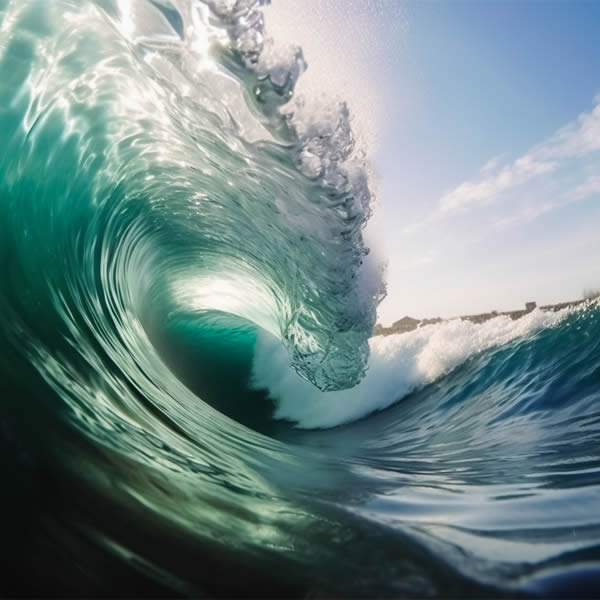
Singing the Blues!
Blue mind science — explores the mental health benefits of aquatic environments, offering a cost-free remedy to uplift our spirits. Whether near oceans, lakes, or even listening to water sounds, emotional benefits can be experienced, even without easy access to water.
The well-being benefits of water sounds arise from both psychological and physiological factors. With nearly 70% of our bodies being water, our deep biological connection triggers immediate responses in our brains when we are near water.
- The rhythmic nature of water sounds can help reduce stress and anxiety, promoting a sense of relaxation.
- The gentle and repetitive nature of water sounds provides a natural focal point for mindfulness and meditation.
- Water sounds act as a soothing lullaby, creating a peaceful atmosphere that enhances sleep quality.
- Listening to water sounds can evoke positive feelings and memories related to nature, even if you’re indoors.
- The gentle sound of water can stimulate creativity and enhance a relaxed state of mind.
- Water sounds act as a form of natural white noise, helping to mask unwanted or disruptive sounds in your environment.
- The sound of water often accompanies physical relaxation, leading to a more tranquil state.
Spiritual Connections!
Water is often seen as a symbol of purity, life, renewal, and spiritual cleansing. Spiritual connections to water highlight the profound and diverse ways in which this element is woven into the fabric of human spirituality, carrying deep symbolic meaning and serving as a conduit for sacred experiences.
Purification and Renewal: Many spiritual traditions view water as a purifying element. Spiritual practices often incorporate water in cleansing and healing rituals. Whether through immersion in natural bodies of water, such as rivers or lakes, or through ritualistic baths, water is believed to have the power to cleanse the body, mind, and spirit. Many rituals involving water, such as baptisms or ablutions, symbolize purification and the washing away of impurities.
Symbol of Life: Water is essential for life, and its abundance is often associated with fertility and abundance. In many creation and religious narratives, water is the source of life, representing the beginning of existence and the sustaining force of all living things. In Judaism, Christianity, and Islam, the Hebrew prophet Ezekial had a vision of a river of water bringing flourishing life wherever it flowed, including purifying the Dead Sea.
Symbol of Transition: Bodies of water, especially oceans, rivers, and lakes, are often seen as symbols of transition and change. Crossing water, either physically or symbolically, can represent a journey or transformation in one’s spiritual path.
Sacred Sites: Bodies of water, such as rivers, lakes, and springs, are considered sacred in numerous spiritual traditions. Pilgrimages to these sites are common, and the water is often believed to possess healing properties or a direct connection to the divine. Indeed, the Ganges River in India is considered the most sacred in Hindu tradition.
Symbol of the Divine Feminine: Water is frequently associated with the divine feminine in spiritual symbolism. Water, sea and ocean (as well as nature in general) has often been used as a metaphor of femininity, a symbol pointing to elemental, unrestrained womanhood.
Reflection and Contemplation: Bodies of water, especially still ones like ponds or lakes, are conducive to reflection and contemplation. The mirror-like surface of calm water is seen as a metaphor for inner self-reflection and gaining insight into one’s own spiritual journey.
Water is a crucial factor in the quest for a longer, healthier life. Hydration matters, cleansing matters, biological and spiritual connection to water matters. The healing properties of water are truly exceptional in its natural properties that support us in our body, mind, and spirit. Water’s unparalleled healing prowess lies in its ability to nourish and cleanse, promoting overall well-being and encompassing all four aspects of optimum health: rest, recovery, renewal, resilience.

Cheers - to you and your newfound love affair with water!
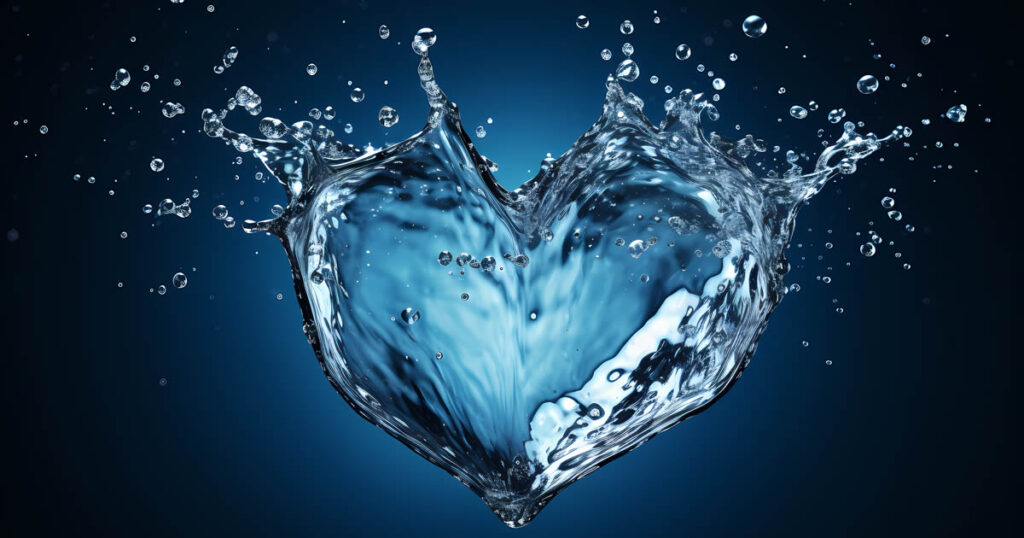
References
- Middle-age high normal serum sodium as a risk factor for accelerated biological aging, chronic diseases, and premature mortality Natalia I. Dmitrieva Alessandro Gagarin Delong Liu Colin O. Wu Manfred Boehm https://doi.org/10.1016/j.ebiom.2022.104404
- Short sleep duration is associated with inadequate hydration: cross-cultural evidence from US and Chinese adults Sleep, Volume 42, Issue 2, February 2019, zsy210, https://doi.org/10.1093/sleep/zsy210
Subscribe to
Support Your Wellness Journey
Enter your email to be notified when new articles are published.
